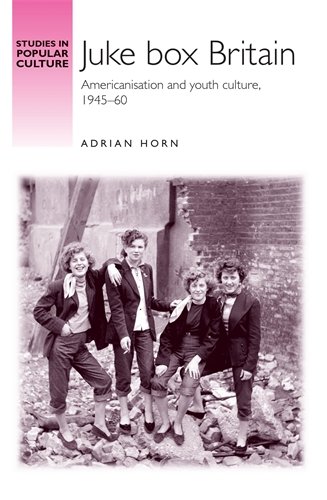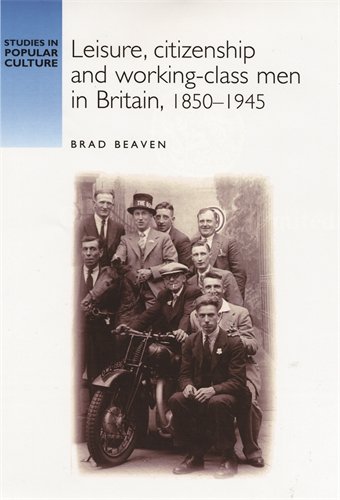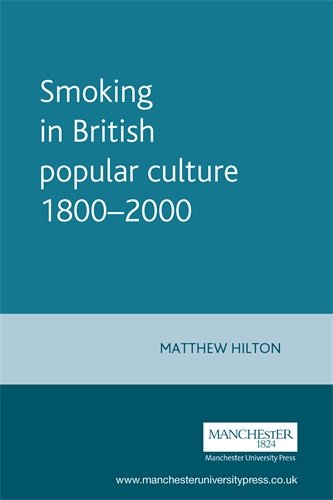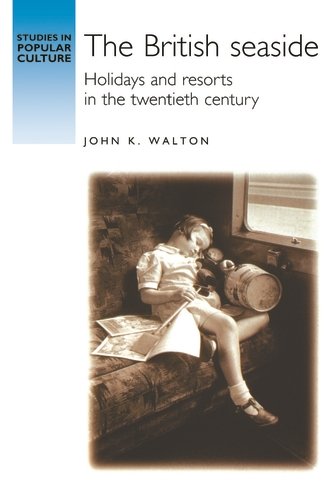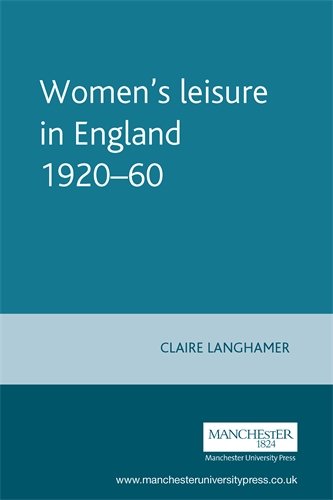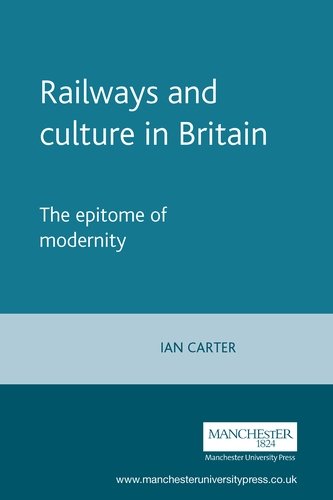Scotland and the music hall, 1850–1914
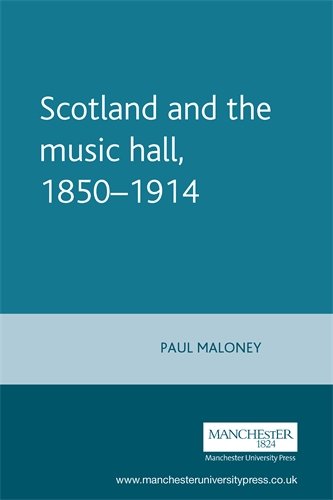
Music hall was the most dynamic and successful popular theatre genre of the 19th century. It reflected the lifestyles and preoccupations of working people in a way that only television in the modern era has done since. Our own impressions of Victorian society still owe much to music hall songs and idioms, in terms such as Jingoism. While London dominated the wider British music hall, Glasgow was the centre of a vigorous Scottish performing culture, one developed in a Presbyterian society with a very different experience of industrial urbanization. It drew heavily on older fairground and traditional forms in developing its own brand of this new urban entertainment. This text explores all aspects of the Scottish music hall industry, from the lives and professional culture of performers and impresarios to the place of music hall in Scottish life. It also explores issues of national identity, both in terms of Scottish audiences' responses to the promotion of imperial themes in songs and performing material, and in the version of Scottish identity projected by Lauder and other kilted acts at home and abroad in America, Canada, Australia and throughout the English-speaking world. This account should be of interest to students and teachers of Scottish social history, popular culture, 19th-century social history and theatre studies, as well as anyone with an interest in the history of popular entertainment.

